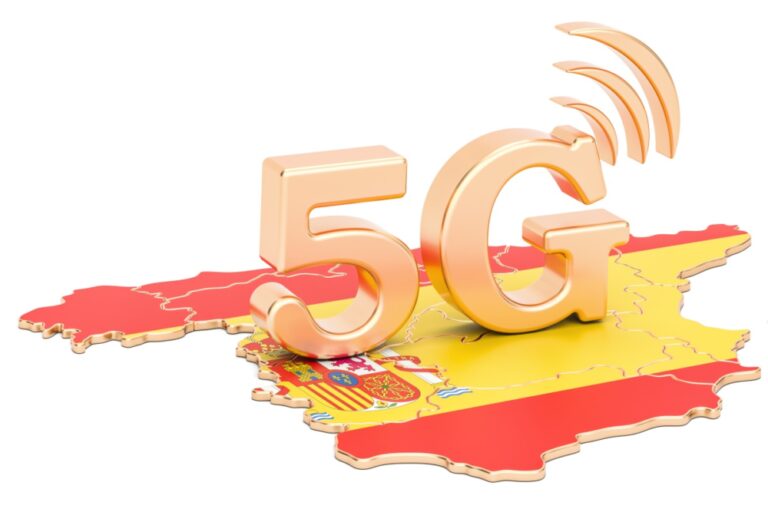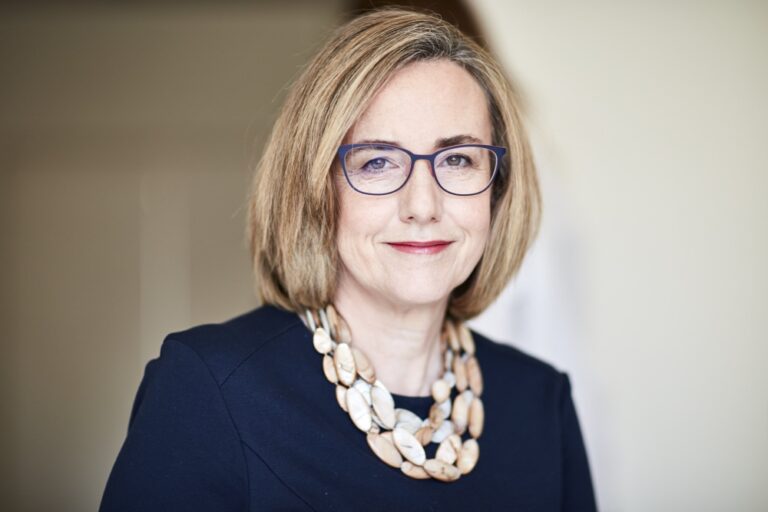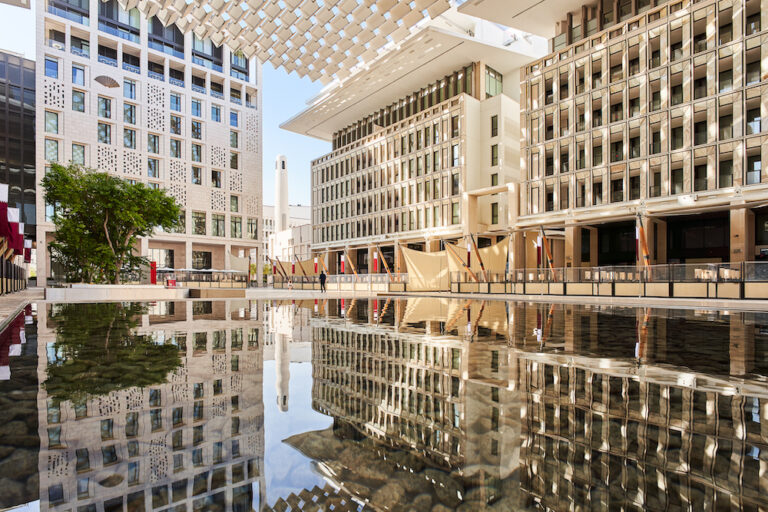Uber services for drones, phones and dromedaries
Emirates flagship telco e& has secured a Super App machine on which to create services to run over an increasingly omnipotent and omniscient network infrastructure that’s operated by ChatGPT and extending from satellites to smartphones, to the IoT at sea. The main user group catered for by the Careem super app machine will be the ‘digital first’ generation of users who organise their entire lives through their mobiles and are happy to pay for the privilege.
The telco formerly known as Etisalat, now branded as e&, has bought a 50.03% stake in the Careem Super App for $400 million. That majority holding gives e& access to a powerful creative hot house spun off by the Middle Eastern division of Uber Technologies. It gives e& license to tailor a wealth of new mobile enabled services, building on Uber staples like food and shopping delivery and then to push on and create services that fit the lifestyles of the people of the Middle East. According to the official release this may include obvious options such as a range of fintech services to suit regional audiences and income groups. Its creative teams may push beyond the domain of the digital wallet and create third-party services with partners to offer home cleaning, laundry and rentals for everything from cars to camels (pictured).
The ownership of Careem gives it unlimited options for creating new services, building on an established base that is available to customers in ten markets in the Middle East, North Africa and South Asia. According to e&, the signing of Careem to its team will make it the “a regional super app champion” with the world’s first “everything app” for customers in the Middle East through expansion of the app’s core services. The investment funding that e& can put behind Careem could create ‘significant synergies’ with e&, it sad, and it anticipates benefiting from e&’s large customer base and extensive experience scaling complex tech enabled businesses across a largely shared geographic footprint, said the official announcement.
Business continuity will be assured because the contributing genius of Careem founders Mudassir Sheikha and Magnus Olsson has been secured, after the deal has been through regulatory approvals and customary closing conditions. The steering of the founders over the direction of future apps will be exemplary in how all telcos manage to create their own content. The building of e&’s consumer digital offerings is a cornerstone of its metamorphosis into a global technology and investments group, according to e& Group CEO Hatem Dowidar. The Careem Super App plays an important role beyond the immediate goal of providing powerful financial service offerings, Dowidar said. Super apps will catalyse the economic, social and cultural growth of emerging markets.
“The popularity of super apps came from the need for a seamless customer experience,” said Dowidar. Building on that, there is now a ‘mobile first population’ who have created their own ‘scene’, almost like a youth movement, only with mobile technology rather than music being the centre piece. Their demands, in turn, are creating ‘super apps’, which are like super groups only with different user expectations.
These ‘Mobi-boomers’ perform their daily activities on digital platforms and it is vital that e& understands them. It will use Careem to push “the boundaries of customer experience” in the region. As a telco with ambitions for modern ‘tech-co’ status, e& has form as a digital innovator. In March ME reported how, while others hesitate over the implications of ChatGPT, e& has boldly built a lead in artificial intelligence by putting ChatGPT at heart of business ops. It is also pioneering new developments in satellite to mobile services with Eutelsat, Cyber intelligence and the Internet of Things.












